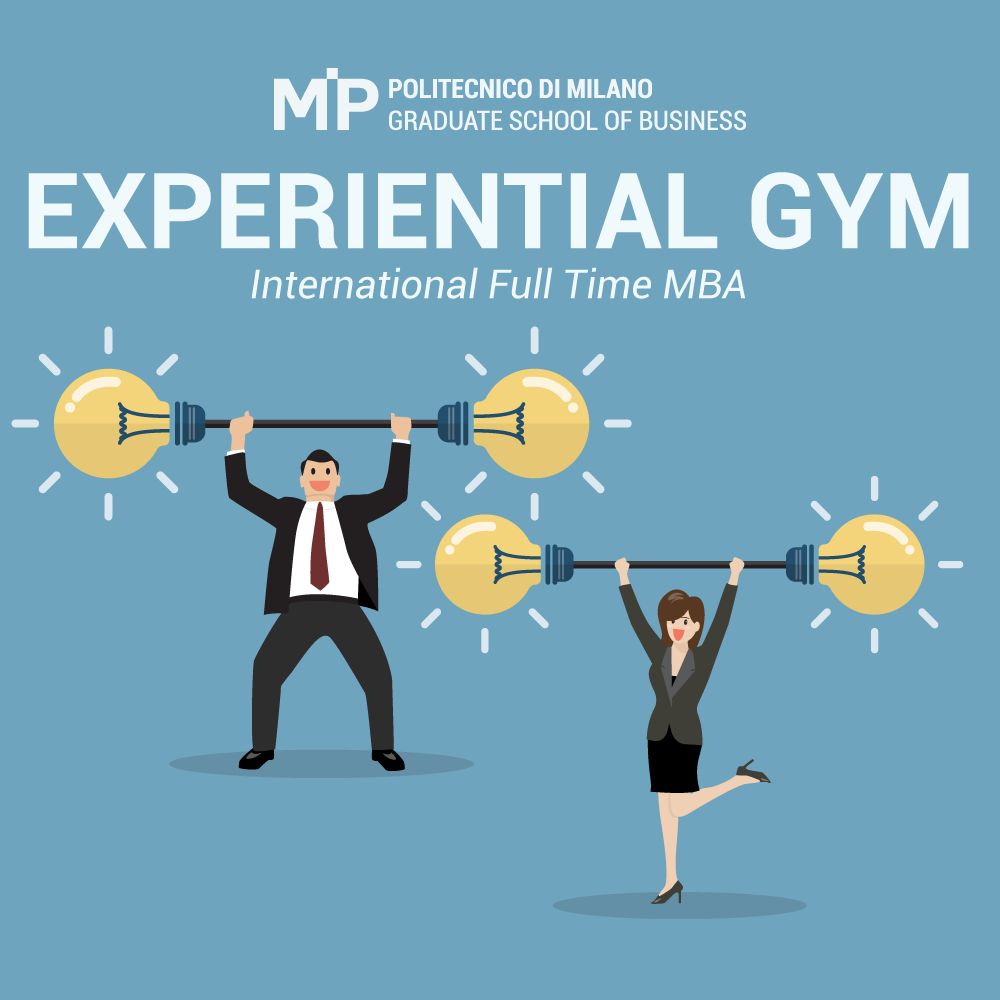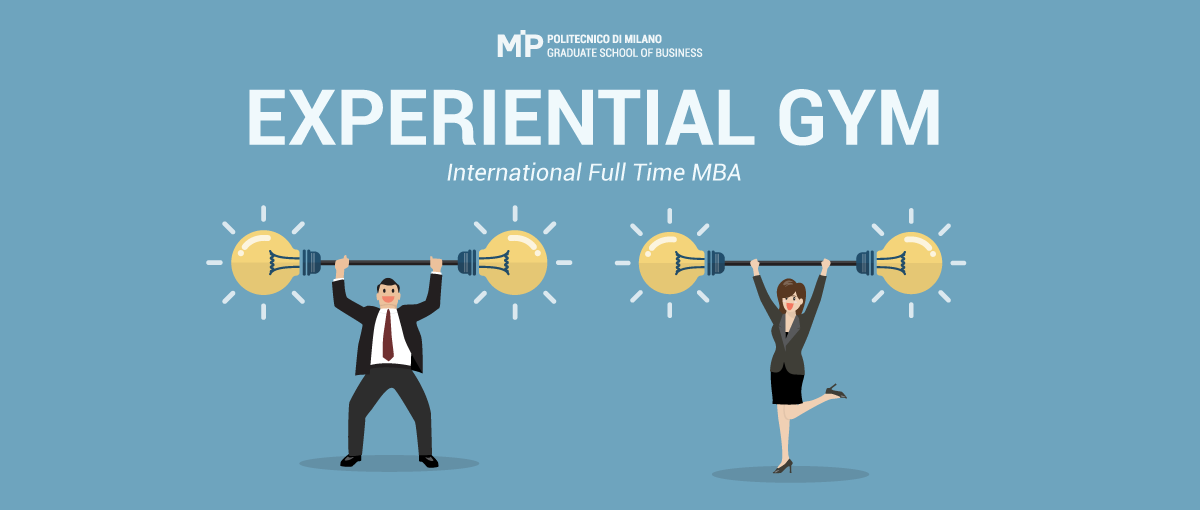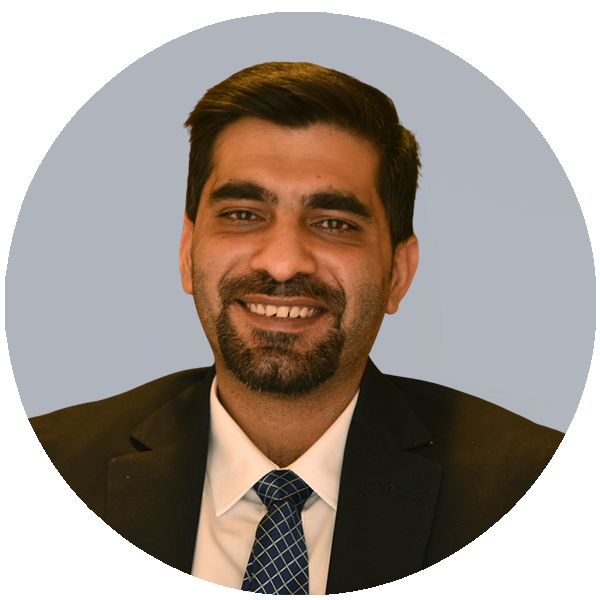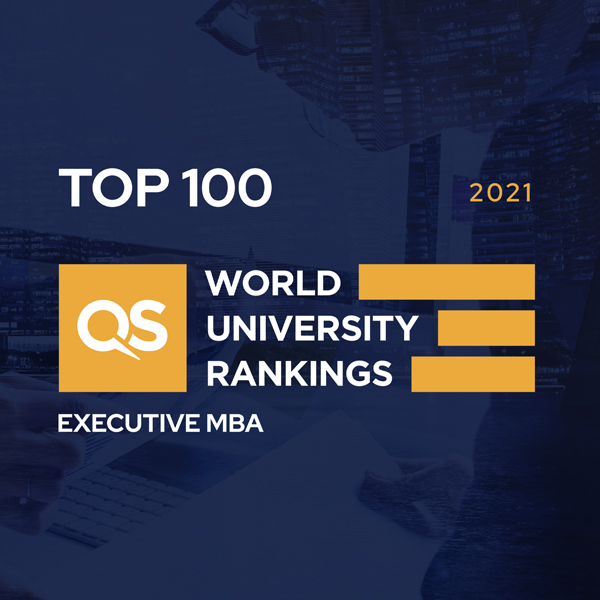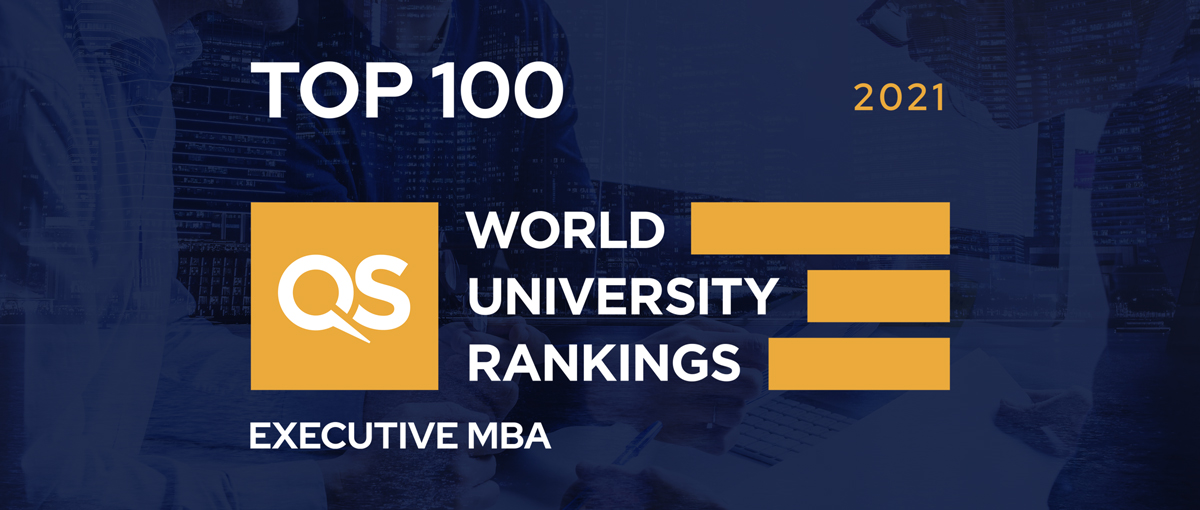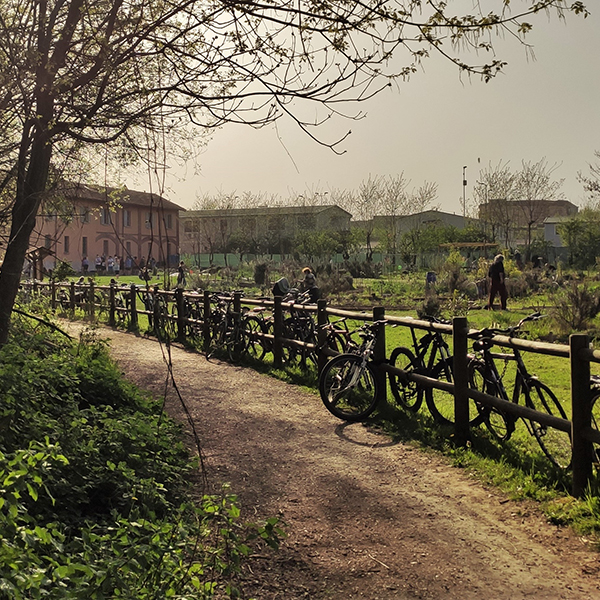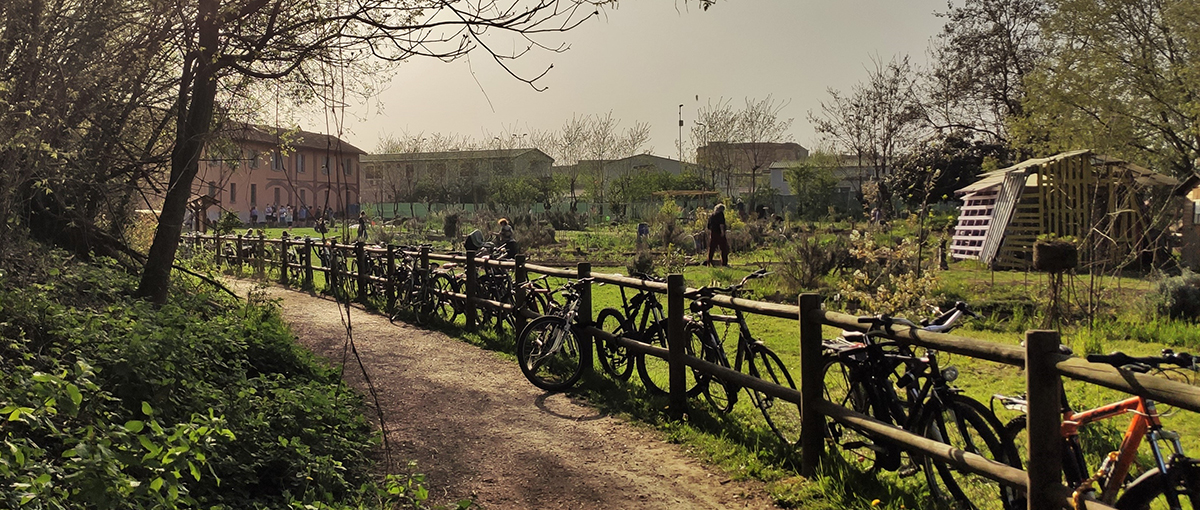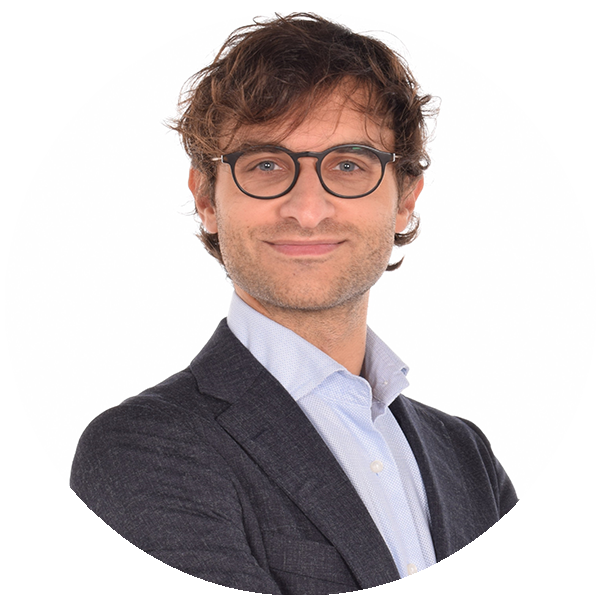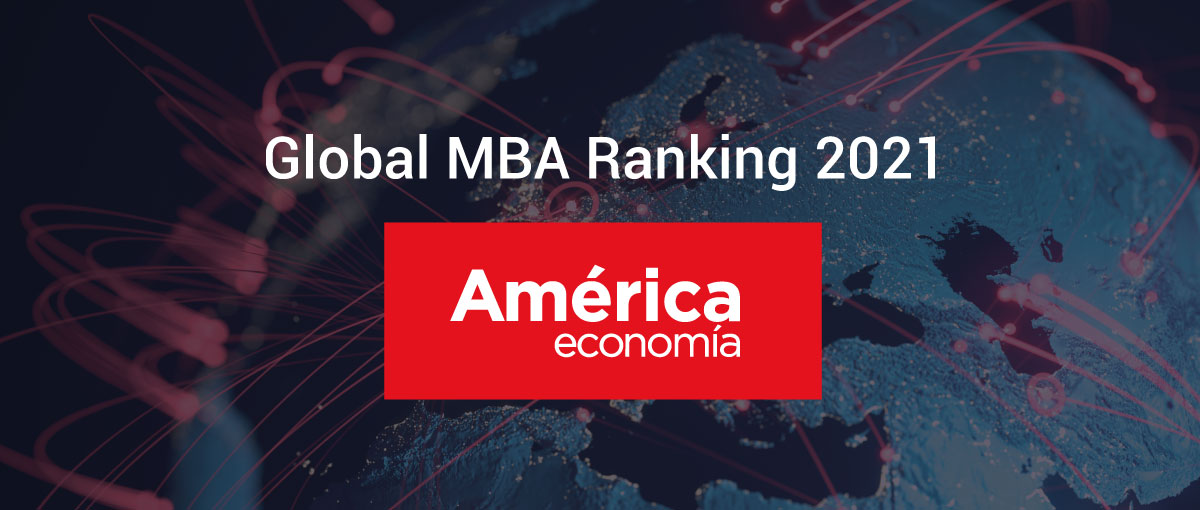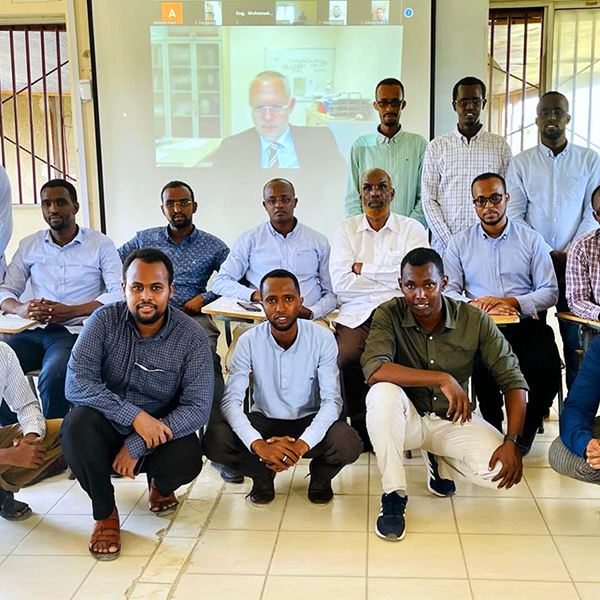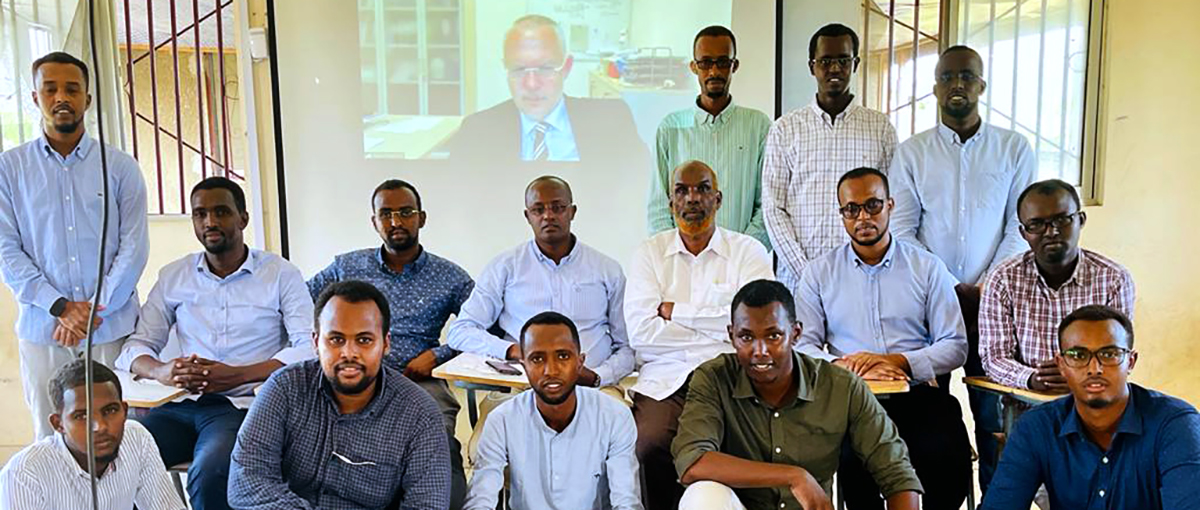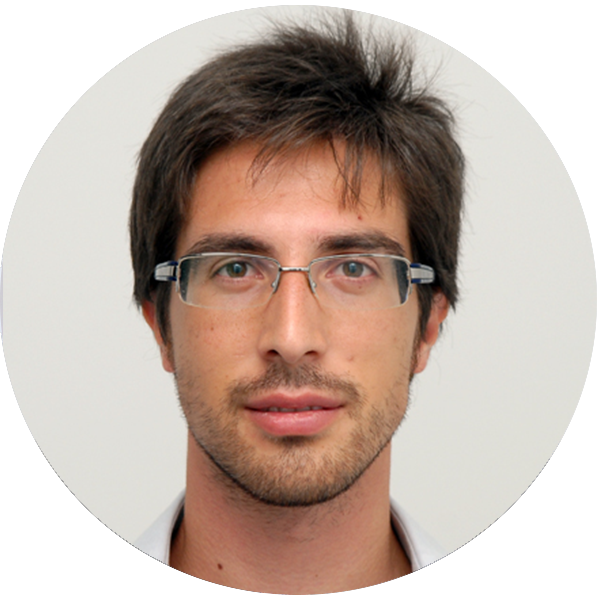Infrastructures can no longer be conceived exclusively as theatres of sporting feats but must be seen as active elements within a social, economic and cultural fabric. This is explained by Emilio Faroldi, director of the Master in Sport Design and Management
Not only the stage for memorable athletic accomplishments, but also places able to enhance the context out of which they arise, with positive repercussions on a social, economic and cultural level. It is the future, and in some cases the present, of sporting infrastructure. «But sports today are not only major infrastructure or the monument to high-level competitive events: it’s everything that shapes young people both in terms of character and physically.
This is why the culture of sports is essential. And managing sports is an extraordinarily complex job» explains Professor Emilio Faroldi, director of the Master in Sport Design and Management and Vice Rector of Politecnico di Milano.
But what does managing sports mean?
First management, then design
«It means approaching the management of facilities not only from a technical point of view, which is still fundamental, but also from a process perspective», explains Faroldi. «In other words, a manager today must be able to immediately incorporate aspects of a management nature in planning issues, trying to anticipate and prevent problems.
Think about big events, like the Olympic Games or major football competitions, like the World Cup and the UEFA European Championship. «In most cases, the creation of sports infrastructure translates, immediately after the event, in it being abandoned. Sometimes as early as a few weeks after the last competition. To overcome this problem, we need to start to think about sports not as an event, but as an ordinary element. We need to look beyond to the future», explains Professor Faroldi.
Between emotions, experience and sharing
Those who are involved with sports management today also cannot ignore its methods of use, even and especially digital ones. «The first aspect is tied to the growth of eSports. In Asia there are already arenas that host gaming competitions, and many football clubs have teams of gamers. The second aspect instead involves the way we experience events. Sharing of that experience on social media is one of the aspects that pushes people to experience that same moment live. This is especially true of the new generations, but not only». Sports infrastructure thus becomes a space for sharing an experience to which emotions are inevitably tied. «We aren’t attached to the aspect of a structure, but to the emotions we have experienced within it. Of a stadium, we have at heart a suffered victory or an evening tied to a concert. It’s a parameter that shouldn’t be overlooked when we talk about the management of sports infrastructure».
Competitiveness requires competence
These are only some of the aspects that show the complexity and the strategic importance of sports and its structures, which therefore requires the training of professionals aware of the numerous implications tied to this field. The Master in Sport Design and Management, offered by Politecnico di Milano in collaboration with MIP, has exactly this goal: «Italian sports can no longer allow itself an empirical approach. It is a mistake to only let athletes enter sports management. Instead, we are interested both in people with technical training and those who come from other sectors like economics, law or design», clarifies Faroldi. «There are many job opportunities. Think about the stadium operations manager or about infrastructure project managers and facility project managers who dedicate themselves to sports as a vehicle for social inclusions. Figures that become essential in an increasingly competitive global context, and to which clubs must look, if they want to create structures able to bring economic benefits that are not limited to single sporting events».


